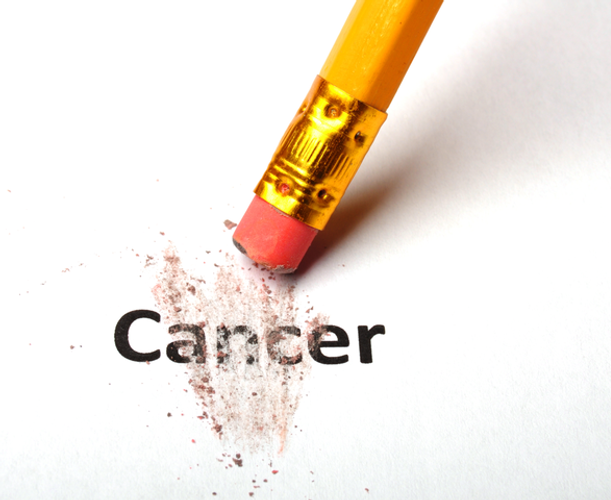Nov 14th 2019
Does CBD Help With Cancer?
Does CBD Help With Cancer?
Now that industrial hemp (and by association cannabidiol) has been legalized for production, there is one question that we are asked frequently; ‘does CBD help with cancer?’
It’s a good question considering CBD (and its related cousin medical marijuana) have proven effective at treating a variety of health issues such as epilepsy, multiple sclerosis, fibromyalgia, while also demonstrating an ability to alleviate the side effects of cancer treatment.
CBD For Cancer Treatment – The Possibilities
CBD has shown the most promise at helping people with cancer manage their symptoms and any side effects they may be suffering as a result of their treatment.
While there isn’t conclusive evidence that CBD can treat cancer, there is hope that CBD oil and topicals can successfully moderate inflammation and alter how cells reproduce.
A 2019 study found that cannabinoids like CBD may be able to aid in the treatment of pancreatic cancer, the fourth major cancer-related cause of death. As such, it was observed that cannabinoids could slow tumor growth, reduce its invasion and also prompt tumor death.
Many such studies have created a viable link between cannabinoids and care for cancer patients. In addition to reducing the growth of cancer tumors, CBD may also increase the effectiveness of drugs used to treat cancer.
Despite such promising results, there is still a need for further research into the potential benefits of CBD oil for cancer patients.
Using CBD As A Complementary Treatment For Cancer
Chemotherapy and radiation are the most reliable cancer treatments, but these produce a range of side effects that can leave the patient tired and debilitated. These include swelling, fatigue, anemia, loss of appetite and constipation, to name a few.
Cannabidiol (CBD) can be used to help ease the after-effects of cancer treatment. In fact, research suggests that CBD can work well as a complementary therapy to traditional treatments for cancer.
For example, the extreme pain caused by cancer and its treatments is often resistant to powerful painkillers. But since CBD indirectly affects the body’s pain receptors, it can deliver widespread pain relief as well as inflammation reduction.
During radiation some people might experience dry skin, itching, blistering or peeling. CBD creams and salves can benefit tremendously, such as Endoca Body butter (1500mg) and Endoca Salve (750mg).
CBD has also been shown to help reduce nausea and increase appetite that may be affected after regular chemotherapy sessions. However, long-term studies in humans are crucial to conclude what role it can play in the inhibition of cancer.
How To Use CBD Oil For Cancer
Unlike traditional painkillers, CBD doesn’t have a lethal dose; that’s because it won’t affect the central nervous system as other medicines do.
When creating a regimen for a specific illness, it is essential to use only high-quality CBD to ensure maximum effectiveness. In other words, use it as a preventative aid to manage and maintain your symptoms by establishing a baseline concentration of CBD in your body.
It can be overwhelming to start the journey to better health with cannabinoids, but certain types of CBD edibles may help ease the transition, such as +CBD Oil’s gummies (5mg) or Tasty Hemp Oil gummies (25mg).
CBD’s cancer benefits are best felt with a full-spectrum oil that should be ingested daily in the form of gel capsules or tinctures - take a look at the Plus CBD Oil Raw Hemp Softgels or the Medterra MedOil CBD Tincture.
To find your ideal dosage, we suggest the up-titration method. This is a highly trusted, step up approach by gradually increasing your dose until the most desired results are reached.

